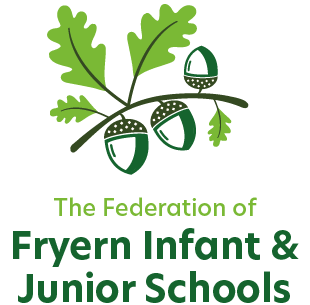Play-based learning in KS1
'Children learn as they play. More importantly, in play children learn how to learn’
O. Fred Donaldson
Our KS1 classroom environments and approach to learning is different….
Research and our school experience tells us that young children learn best through play and exploration; this is why we have built on the excellent practice found in Reception. ‘Play is absolutely essential to learning because it is learning.’ (Bottrill 2020)
Across KS1 we offer a play-based curriculum that provides children with choice, freedom and challenge, bringing joy to their learning. This has been informed by a range of current research and is underpinned by a clear understanding and vision for how young children learn best. We have found our approach gives the children time to think and explore, in a culture, which supports both the adults and the children. We have seen close relationships build, a strong sense of well-being as well as greater levels of enthusiasm for learning by adults and children alike. The curriculum is exciting, creative and dynamic enabling skills and knowledge to be applied so that children can purposefully build on what has already been learnt as well as identifying what the children need to learn next to ensure they are all successful learners.
Every day our children get the chance to be a designer, an artist, a writer, a scientist, a musician, a mathematician, a storyteller, an athlete, geographer or historian. Carefully planned play-based experiences inspire the children to consolidate their skills, knowledge and understanding enabling them to be independent, resilient learners who motivate themselves to take on the next challenge. Throughout the environment, both inside and outside, you will see busy, happy children actively engaged in a wide range of activities that they themselves have chosen
At Fryern, teachers working in EYFS and Year 1/2 use a continuous provision model to facilitate learning across the curriculum.
What is continuous provision?
Continuous provision refers to the resources which are always available within the classroom for the children to access to continue their learning independently. The continuous provision within the setting remains consistent for long periods of time.
Aims of a play-based approach:
- Effective transition from EYFS to KS1
- Developmentally appropriate learning
- High level of challenge
- Prior learning built upon
- Continuation of classroom in the form of an outdoor learning space
- Strengthens communication and language development
- Opportunities for collaboration
- Plentiful opportunities to apply knowledge and skills
- High levels of engagement and enthusiasm
- Breadth and depth to learning, deepening knowledge and understanding, no ceiling on learning
- Learning committed to long-term memory
- Reflect thinking in current pedagogy
- Staff and pupil well-being a priority
We recognise that not all subjects can be taught through continuous provision. Some subjects need discrete teaching – these include: phonics, handwriting, maths and foundation subject teaching inputs. All these subjects, however, can be enhanced and skills can be consolidated within continuous provision to ensure children know more and remember more. Our environment, throughout year R, 1 and 2, also promotes the characteristics of effective learning.
Our English Curriculum uses Drawing Club and Curious Quests to bring choice, creativity and independence to children's writing.
Our environment:
The environment we provide enables children to make continued progress across their curriculum. The variety of areas scaffold and support the children’s learning and independence. Our inclusive classrooms are carefully designed to ensure every child is successful. Once key skills have been taught children have access to woodwork, clay, sewing etc throughout the year. Resources that are continuously available enable children to revisit and build upon prior learning, while also gaining new knowledge and skills.
Our vast outdoor learning environment can be accessed all year enabling pupils further opportunities to develop their skills.
Impact
Children will leave KS1 with a solid foundation of skills and knowledge needed to continue their learning successfully and will have embedded all of our school values. Children will communicate with confidence when sharing and extending their thoughts and ideas. Our child-led approach will create curious thinkers who show enthusiasm, resilience and motivation when learning on their own and with others. Our school values of curiosity, respect, ambition, reflection and resilience are embedded in all that we do.
'The moment we introduce the idea that children are capable of choosing their learning experiences is the moment we connect them to joy.'
Greg Bottrill























